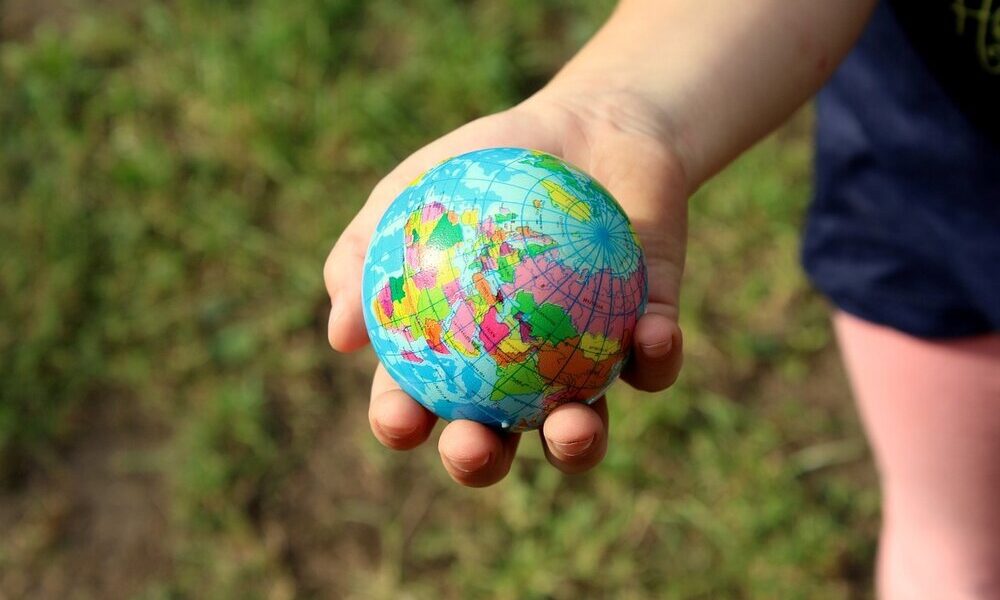
Many of us are now so accustomed to using the Internet on a personal and professional level that it has become an indispensable part of our lives. But, although it may seem strange, there are still a large number of people who do not have access to the Internet. So many, that according to the most recent data from the United Nations Technology Agency, the ITU, a third of the world’s population does not have access to the Internet.
Specifically, the number of people who do not have access to the Internet currently amounts to 2.6 billion. Despite being a large figure, it has been slightly reduced compared to last year, when 2.7 billion people were in this situation. This means that currently some 5.4 billion people, 67% of the world’s population, have a connection, although 33% still do not have it.
The strongest growth in Internet connectivity throughout this year has been recorded in low-income countries. In them, Internet users have increased by 17% over the past year. However, the room for improvement remains important, since on average, in these countries, only less than a third of the population has access to the Internet.
By 2030, the goal that countries had set was to have universal, quality connectivity, but it seems increasingly unlikely that this will be met, despite the improvement. To achieve this, serious problems related to infrastructure must be addressed at many points. Also provide means to make Internet connection affordable for citizens, and provide the necessary training so that they can do so.
Accelerating in order to facilitate its deployment is increasingly necessary, given that the Internet is very important for access not only to information, but also to training and job opportunities, even remotely. Furthermore, given that new technologies are spreading rapidly, such as Artificial Intelligence, failure to accelerate the expansion of Internet connection can further widen the digital and knowledge gap, which can leave large population bases behind.
Despite everything, given that the trend in Internet adoption in the world is on the rise, the ITU General Secretary Doreen Bogdan-Martinhas shown his satisfaction, highlighting that «This improvement in connectivity represents another step in the right direction, and more steps towards leaving no one behind in support of the United Nations Sustainable Development Goals. We will not rest until we live in a world where serious connectivity is a lived reality for everyone, everywhere.«.
For its part, Cosmas Luckyson Zavazava, Director of the ITU Telecommunications Development Officehas stressed that they should not «forget that behind this data there are people who are not able to access the Internet and enjoy the life-changing advantages that can come in the era of digital transformation. These figures underscore the importance of measuring and tracking data, so we know where to put the focus in efforts to securely connect everyone to the Internet by 2030. With these developments, we need to also focus on developing digital skills for all, with the goal of equipping users with the skills they need that can help them achieve value and have a safe and rewarding online experience«.



